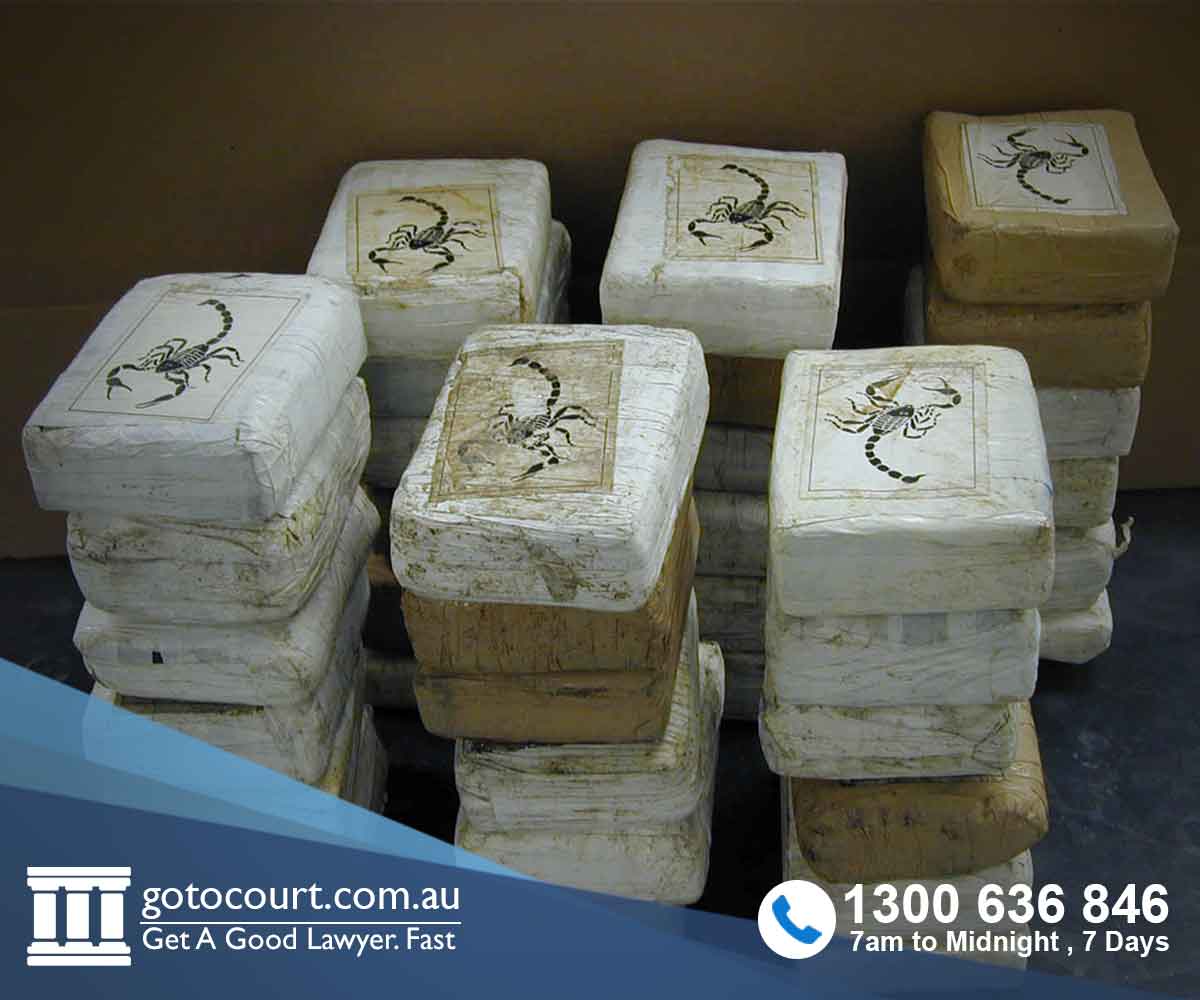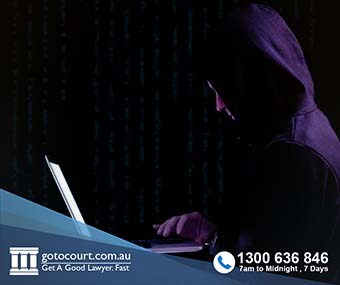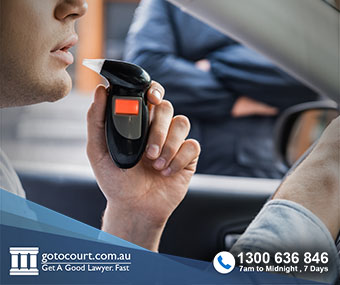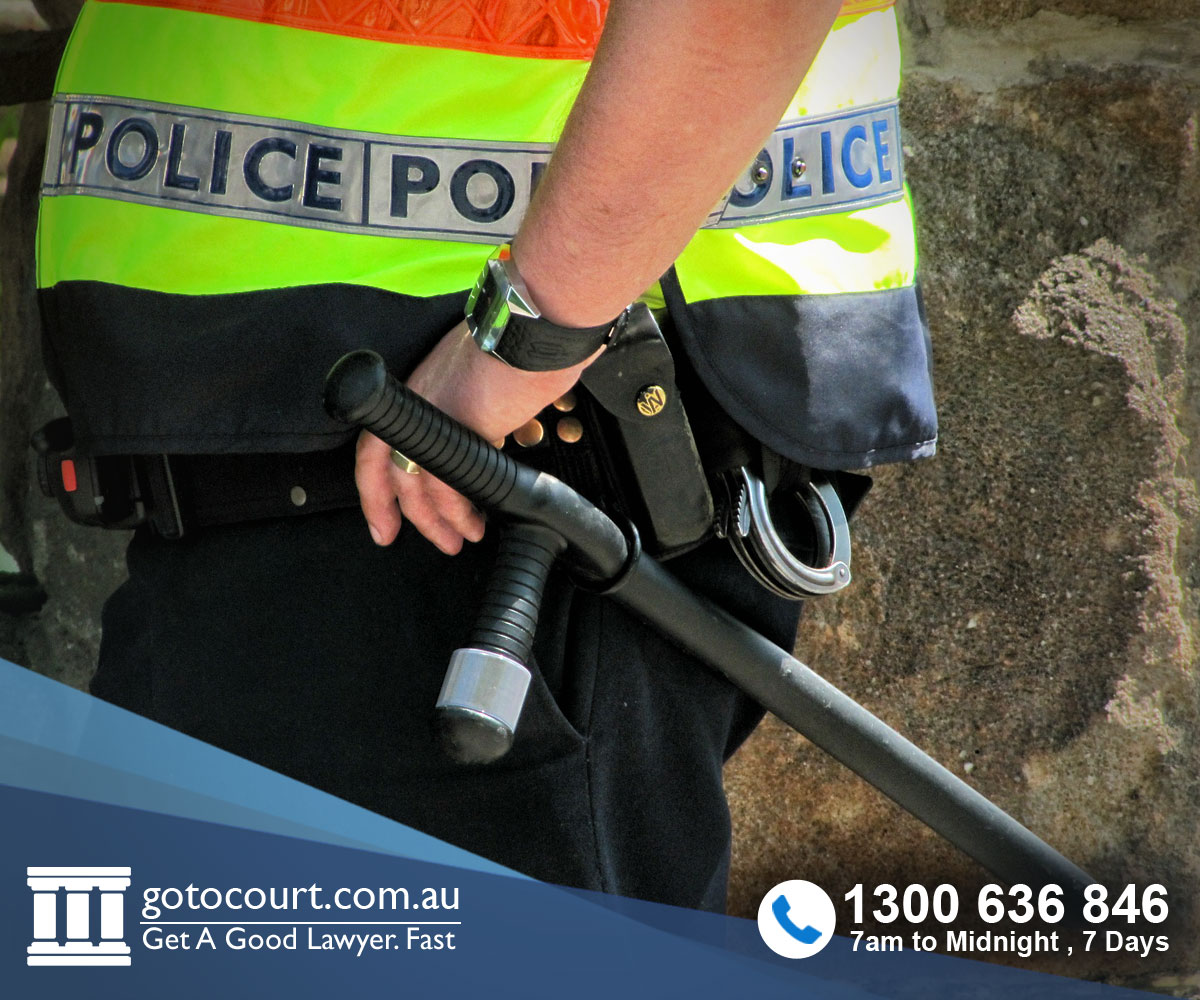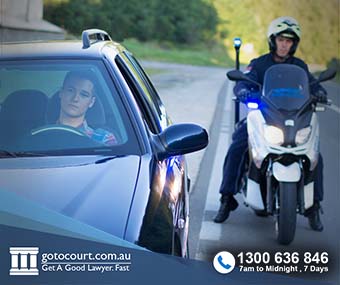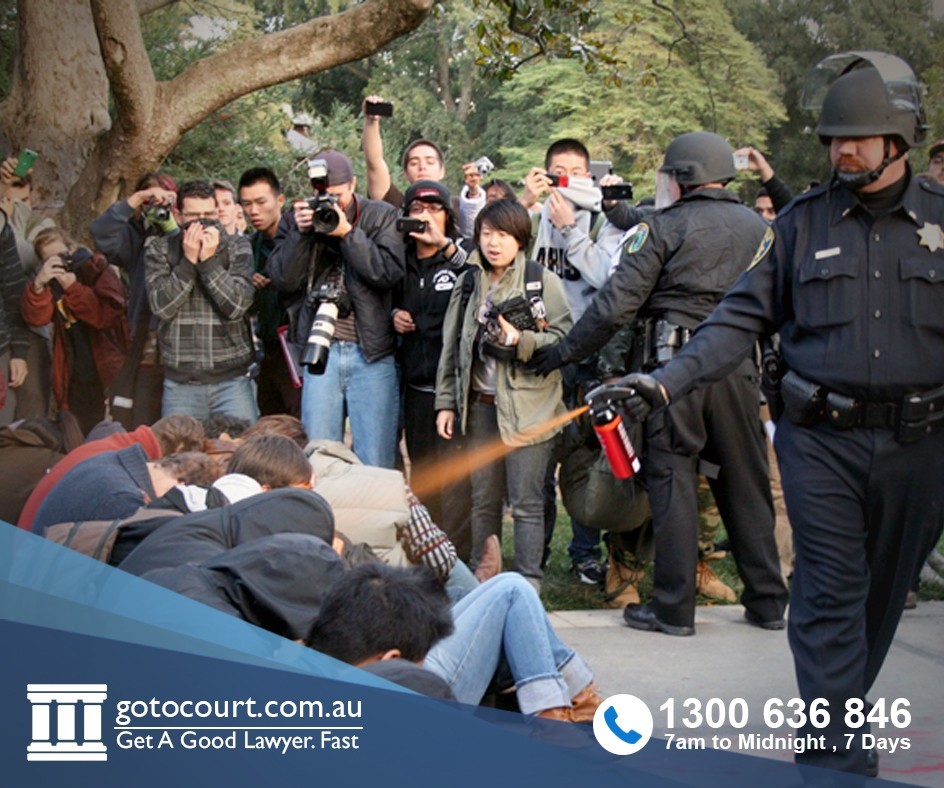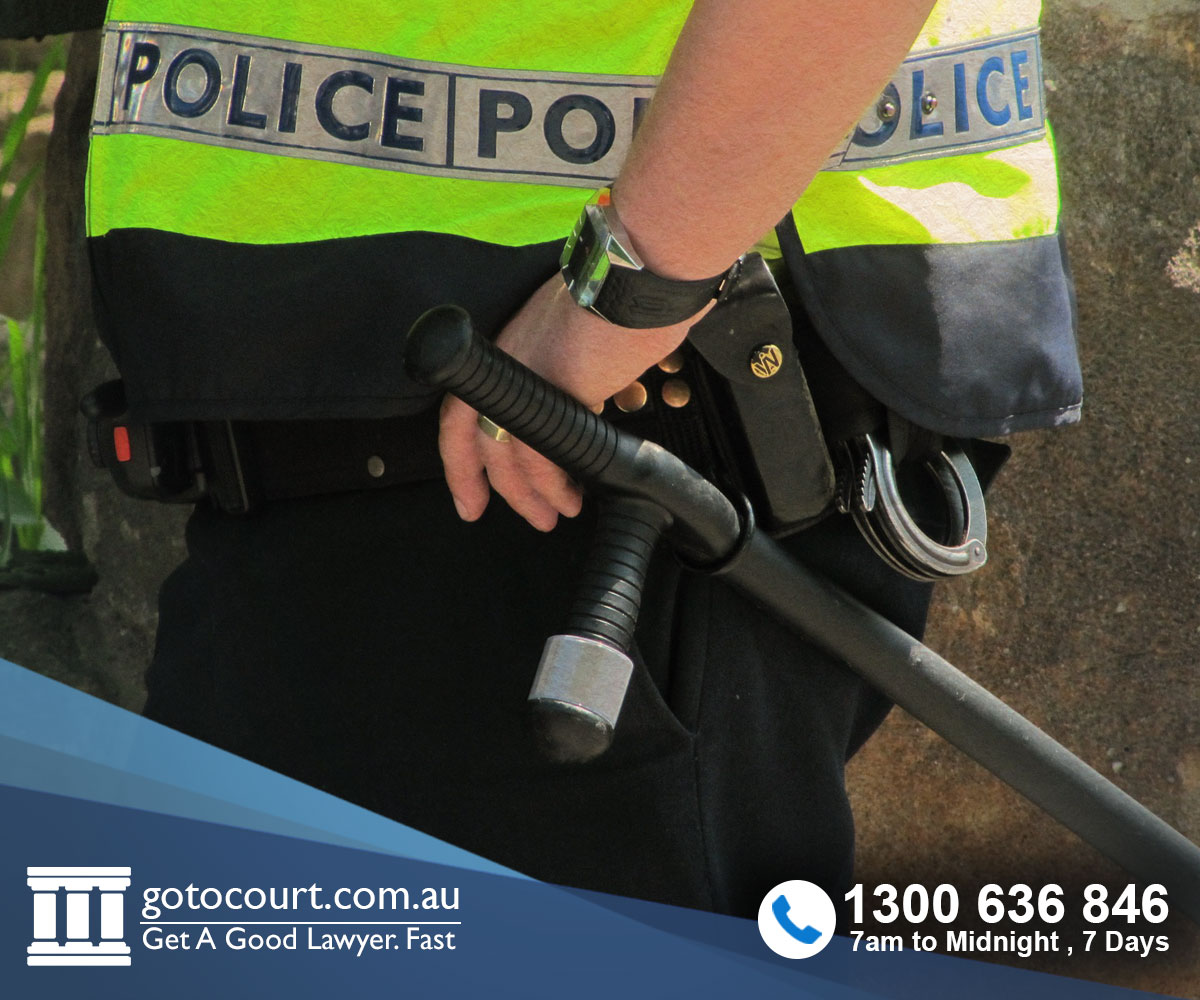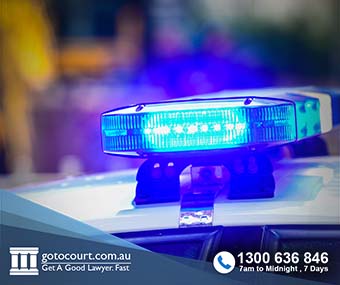Call our lawyers
now
or,
have our lawyers
call you
Search Warrants in Australia
Updated on Nov 08, 2022 • 9 min read • 2447 views • Copy Link
Search Warrants in Australia
Search warrants provide Australian police with the right to enter a person’s premises for the purpose of investigating criminal matters. Search warrants are governed by individual state and territory legislation. There are also specific rules with respect to Commonwealth crimes and search warrants issues with respect to investigating Commonwealth crimes.
Generally, police do not have the power to search a person or premises without a search warrant, unless specified circumstances exist which permit police to conduct a search without a warrant. In every Australian jurisdiction, hindering the police while they are executing a search warrant is an offence.
In most Australian jurisdictions, police are obliged to provide you with a receipt of the property they have seized in the course of the search. As not every Australian jurisdiction requires police to do this, it is recommended that you also take note of what police have seized. This way you are able to provide this information to your solicitor.
When a search warrant has been issued, police in all jurisdictions generally have the right to use as much force as reasonable to enter and search the premises and any relevant persons.
Search warrants in Queensland
The Police Powers and Responsibilities Act 2000 (Qld) is the legislation which governs the issue and operation of search warrants in Queensland. Any judge of any Queensland court can issue search warrants on application by police under oath.
Queensland police have the power to enter a premises without warrant to conduct the following:
- To arrest a person they reasonably suspect is in the premises;
- Conduct a breathalyser test;
- To serve a legal document or notice;
- If someone is seriously injured in that premises;
- To search for evidence which is reasonably suspected would be destroyed or hidden;
- In order to reach a crime scene; and
- Under an anti-terrorism preventative detention order, detain someone.
Queensland police’s powers only permit them to stay in a premises for a reasonable time in order for them to complete their relevant task.
Police must obtain a search warrant which specifies their search includes searching a phone or computer. If the warrant does not specify that police have that power, you have the right to refuse. If it is specified in a search warrant, you must provide codes and passwords to allow access.
More information about search warrants in Queensland can be found in our dedicated article, Search Warrants in Queensland.
Search warrants in New South Wales
New South Wales police will generally need to apply for the issue of a search warrant under the Law Enforcement (Powers and Responsibilities) Act 2002 (NSW) if they wish to collect evidence of a commission of an offence.
A Justice of the Peace, magistrate or judge must be satisfied that reasonable grounds exist to believe that there will or is evidence and that evidence will likely lead to an arrest before issuing a search warrant.
Searches of places referred to as ‘drug premises’ attract special rules. Only sergeants or above can apply for such search warrants. If granted, drug premises search warrants give NSW police the power to search anyone on the premises, not just those who are named in the search warrant.
More information about search warrants in NSW can be found in our dedicated article, Search Warrants in New South Wales.
Search warrants in Victoria
Victorian police generally do not have the power to enter and search a place or a person unless:
- The occupier or person consents to the search;
- The police believe a serious offence has or will be committed;
- The police believe drugs are present;
- There is a fight in progress; or
- An intervention order has been breached.
Search warrants in Victoria are governed by the Crimes Act 1958 (Vic), Magistrates Court Act 1989 (Vic), and the Terrorism (Community Protection) Act 2003. A magistrate will issue a search warrant after an application by a police officer. Before granting a search warrant, the magistrate must be satisfied that there are reasonable grounds that there is or will be within 72 hours:
- The commission of an indictable offence; or
- Anything that can be used as evidence for an offence is present in that specific vehicle or premises.
Search warrants in Victoria are valid for seven days, unless otherwise allowed by the magistrate. More about search warrants in Victoria can be read in our dedicated article, Search Warrants in Victoria.
Search warrants in Western Australia
Search warrants in Western Australia are governed by the Criminal Investigation Act 2006 (WA), Misuse of Drugs Act 1981 (WA), Criminal Property Confiscation Act 2000 (WA), Firearms Act 1973 (WA), and Weapons Act 1999 (WA). Search warrants are issued by Justices of the Peace under the Criminal Investigation Act 2006 (WA).
For search warrants other than those issued under the Misuse of Drugs Act 1981, police are limited to conducting their searches between 6am and 9pm. The exception to this is if there is someone in danger or there is a real chance the effectiveness of the search will be jeopardised.
More information about search warrants in WA can be found in our article, Search Warrants in Western Australia.
Search warrants in Tasmania
In Tasmania, a Justice of the Peace can issue a police officer with a general search warrant under the Search Warrants Act 1997 (Tas). The Justice of the Peace must be satisfied from the information provided by the police on oath that there are reasonable grounds for suspecting there is, or will be evidence of a crime at the premises.
Search warrants in Tasmania are valid for 28 days. If the search warrant is issued over the phone, it is only valid for 48 hours.
More information about search warrants in Tasmania can be found in our article, Search Warrants in Tasmania.
Search warrants in South Australia
There are three types of search warrants in South Australia:
- General search warrants issued under the Summary Offences Act 1953 (SA);
- Seizing proceeds of crime search warrants issued under Criminal Assets Confiscation Act 2005 (SA); and
- Extra-territorial crime investigation search warrants issued under the Criminal Investigation (Extraterritorial Offences) Act 1984 (SA).
General search warrants are issued by the Commissioner for Police and are valid for six months, unless a shorter period is specified. General search warrants are only issued if the police have reasonable cause to suspect goods have been stolen, a crime has or will be committed, a thing that may be used to commit a crime is at that premises, or to collect evidence of a crime.
General search warrants give SA police the power to search vehicles, vessels, people and property. More information about search warrants in SA can be found in our dedicated article, Search Warrants in South Australia.
Search warrants in the Northern Territory
Police in the Northern Territory have a number of powers available to search people and property without a warrant. These include the following circumstances:
- Where a dog senses an odour of a ‘dangerous thing’ from a place or person; or
- Where the circumstances are urgent or involve explosives and weapons under sections 119 and 119AA of the Police Administration Act (NT).
NT police also have the power to enter and search entertainment venues which include sporting venues, racecourses and showgrounds. Police have the powers to eject people they suspect are soliciting prostitution, are acting indecently or disorderly, or are reputed thieves.
Search warrants in the NT are issued by Justices of the Peace under the Police Administration Act (NT). Search warrants are issued after the Justice of the Peace is satisfied, upon receiving information verbally or by affidavit, that there are reasonable grounds to issue the warrant.
Search warrants in the NT are valid for two weeks. The powers police have to seize property under search warrants in the NT are broader than those in other jurisdictions. NT police can seize anything that is described in the warrant as well as anything they reasonably believe to be in connection with a crime.
There is no requirement for NT police to provide a list of the property they have seized nor a copy of the warrant. More information about search warrants in the NT can be found in our article, Search Warrants in the Northern Territory.
Search warrants in the Australian Capital Territory
The process of police obtaining and executing search warrants in the ACT is governed by the Crimes Act 1900 (ACT). Search warrants are issued by magistrates in the ACT based upon sworn information by a police officer under oath.
There are two types of search warrant in the ACT:
- General search warrants; and
- Preventative search warrants.
More information about search warrants in the ACT can be found in our article, Search Warrants in the Australian Capital Territory.
Commonwealth search warrants
State and territory police and the Australian Federal Police are able to apply for a Commonwealth search warrant under the Crimes Act 1914 (Cth). Commonwealth search warrants are issued by a magistrate or any official who has authority in the state or territory to issue search warrants.
Commonwealth search warrants give police officers the power to search premises, vehicles or your body. Warrants can be issued over the telephone in urgent cases. Commonwealth search warrants are valid for 7 days.
Similar to state and territory search warrants, police can have a search warrant issued to give them the power to access your computer and remove it if they find evidence stored on it. If police believe it is necessary to be armed during the search, this must be approved by the magistrate or official who issued the search warrant.
Section 3M of the Crimes Act 1914 (Cth) permits a person to obtain compensation for the damage caused to electronic equipment, including personal computers.
If you require legal advice or representation in any legal matter, please contact Go To Court Lawyers.


Affordable Lawyers
Our Go To Court Lawyers will assist you in all areas of law. We specialise in providing legal advice urgently – at the time when you need it most. If you need a lawyer right now, today, we can help you – no matter where you are in Australia.How It Works








1. You speak directly to a lawyer
When you call the Go To Court Legal Hotline, you will be connected directly to a lawyer, every time.


2. Get your legal situation assessed
We determine the best way forward in your legal matter, free of charge. If you want to go ahead and book a face-to-face appointment, we will connect you with a specialist in your local area.


3. We arrange everything as needed
If you want to go ahead and book a fact-to-face appointment, we will connect you with a specialist in your local area no matter where you are and even at very short notice.


